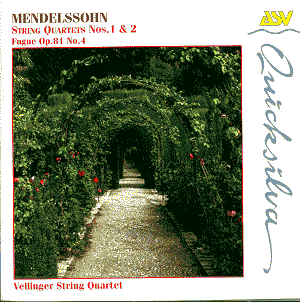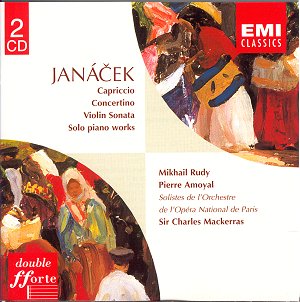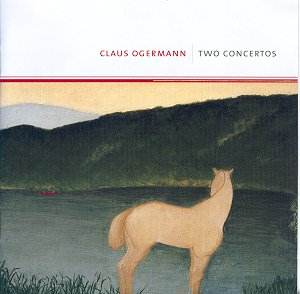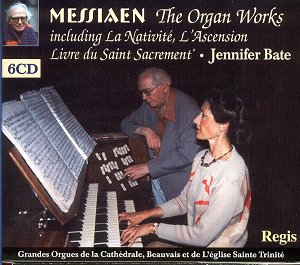 Composer: Felix Mendelssohn
Composer: Felix Mendelssohn
Works: String Quartet in E flat major, Opus 12; String Quartet in A minor, Opus 13; Fugue in E flat major, Opus 81 No. 4
Performers: Vellinger String Quartet
Recording: 2-3 March 1999, St George’s Brandon Hill, Bristol
Label: ASV CD QS 6236
Mendelssohn’s string quartets, particularly the early works Opus 12 and Opus 13, provide a fascinating insight into the composer’s emotional landscape during his formative years. Written in the wake of Beethoven’s death and amidst personal disappointments, these quartets echo a bittersweet yearning, a sense of loss countered by youthful exuberance. The String Quartet in A minor, composed in 1827, is often highlighted for its depth and complexity, while the earlier E flat major quartet, though perhaps less mature, showcases Mendelssohn’s burgeoning mastery of form and lyrical invention.
The Vellinger String Quartet’s performance reveals a profound understanding of these works, marked by their technical precision and expressive nuance. The articulation in the E flat major quartet, particularly in the opening Allegro, demonstrates a lively interplay among the instruments, with the first violin leading with a bright, radiant tone. The ensemble’s ability to navigate the intricate counterpoint is commendable, particularly in the development section where the thematic material undergoes transformation. Their attention to dynamic shading, especially the subtle crescendos and decrescendos, imbues the piece with an almost orchestral richness, enhancing Mendelssohn’s delicate textures.
In contrast, the A minor quartet’s performance reaches a heightened emotional intensity. The slow movement, Andante, is delivered with a poignant lyricism, where the cello’s deep voice interweaves beautifully with the upper strings, creating a tapestry of sound that resonates with the listener. The Vellingers’ interpretation here is particularly striking; they breathe life into the music, allowing its inherent melancholy to unfold without succumbing to sentimentality. The final movement, Allegro, is a tour de force of energy and drive, showcasing the ensemble’s technical prowess as they execute the rapid passages with clarity and precision.
Sound quality is another highlight of this recording. The engineering captures a warm, intimate atmosphere, allowing the nuances of the ensemble’s performance to shine through. The balance between the instruments is expertly managed, rendering each voice distinct while maintaining the cohesiveness of the quartet. This clarity is essential in works like the Fugue in E flat major, where the interweaving of lines requires careful listening to appreciate the intricate counterpoint.
Comparisons with other recordings, such as those by the Takács Quartet or the Emerson String Quartet, reveal that while those performances may offer different interpretative angles, the Vellingers’ approach stands out for its combination of technical excellence and emotional depth. Their ability to convey the duality of Mendelssohn’s character—his youthful joy tempered by a sense of wistfulness—places them among the finest interpreters of these quartets.
This disc, with its thoughtful programming and high-caliber performances, affirms the enduring brilliance of Mendelssohn’s chamber music. The Vellinger String Quartet’s interpretations are not only technically exceptional but also deeply insightful, capturing the essence of Mendelssohn’s genius. A must-have for any serious collector, this recording transcends mere documentation of the works; it offers a compelling exploration of their emotional and structural intricacies.



